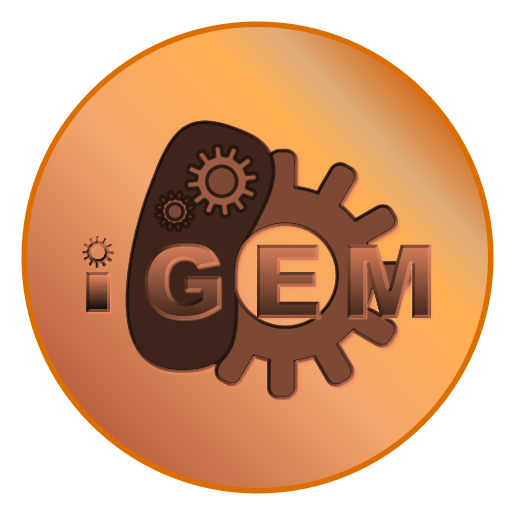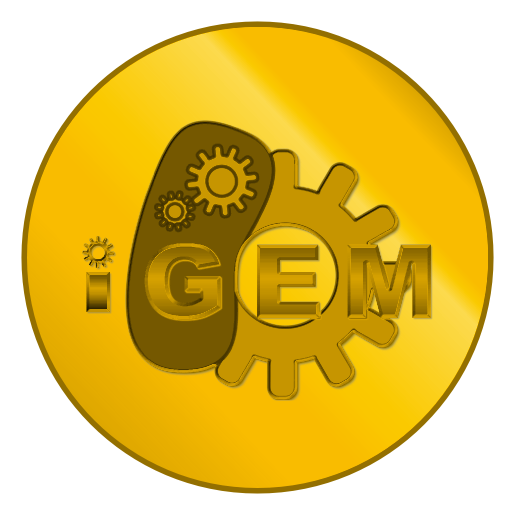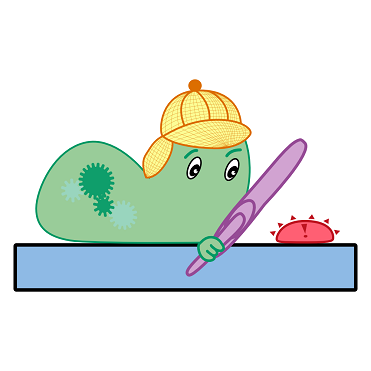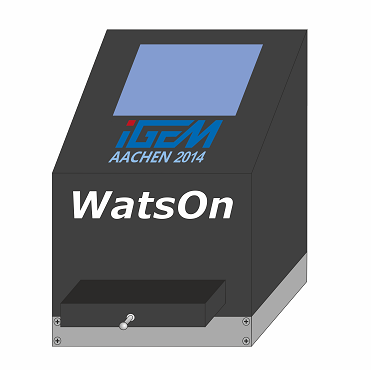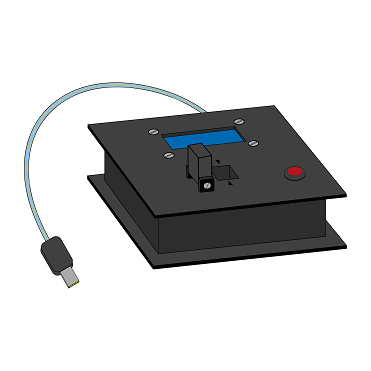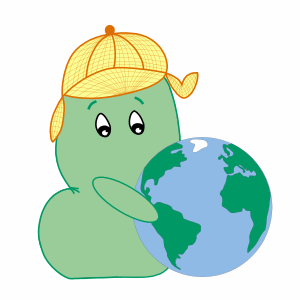Team:Aachen/Achievements
From 2014.igem.org
(→Biosensor) |
Aschechtel (Talk | contribs) (→Biosensor) |
||
| Line 102: | Line 102: | ||
We developed and optimized a novel [https://2014.igem.org/Team:Aachen/Project/2D_Biosensor method] of reading out biosensors on a two dimensional level. The sensor cells are therefore immobilized in an agar chip. It was experimentally [https://2014.igem.org/Team:Aachen/Project/2D_Biosensor#biosensorachievements validated] that this method works for different kinds of reporter cells, induction substances and readout methods including our newly designed system [https://2014.igem.org/Team:Aachen/Project/Measurement_Device ''WatsOn'']. | We developed and optimized a novel [https://2014.igem.org/Team:Aachen/Project/2D_Biosensor method] of reading out biosensors on a two dimensional level. The sensor cells are therefore immobilized in an agar chip. It was experimentally [https://2014.igem.org/Team:Aachen/Project/2D_Biosensor#biosensorachievements validated] that this method works for different kinds of reporter cells, induction substances and readout methods including our newly designed system [https://2014.igem.org/Team:Aachen/Project/Measurement_Device ''WatsOn'']. | ||
| - | To improve the response of our reporter cells to induction we designed and engineered a novel [https://2014.igem.org/Team:Aachen/Project/FRET_Reporter reporter system] using a TEV protease to activate a previously synthesized reporter protein by | + | To improve the response of our reporter cells to induction we designed and engineered a novel [https://2014.igem.org/Team:Aachen/Project/FRET_Reporter reporter system] using a TEV protease to activate a previously synthesized reporter protein by cleaving off a quencher. A faster response in comparison to regular expression of the reporter protein was shown by [https://2014.igem.org/Team:Aachen/Project/Model modeling] as well as in our [https://2014.igem.org/Team:Aachen/Project/FRET_Reporter#reachachievements experiments]. All parts needed to build this kind of reporter system were submitted to the partsregistry. |
{{Team:Aachen/BlockSeparator}} | {{Team:Aachen/BlockSeparator}} | ||
Revision as of 18:50, 16 October 2014
|
|
|
|
|
|
 "
"
